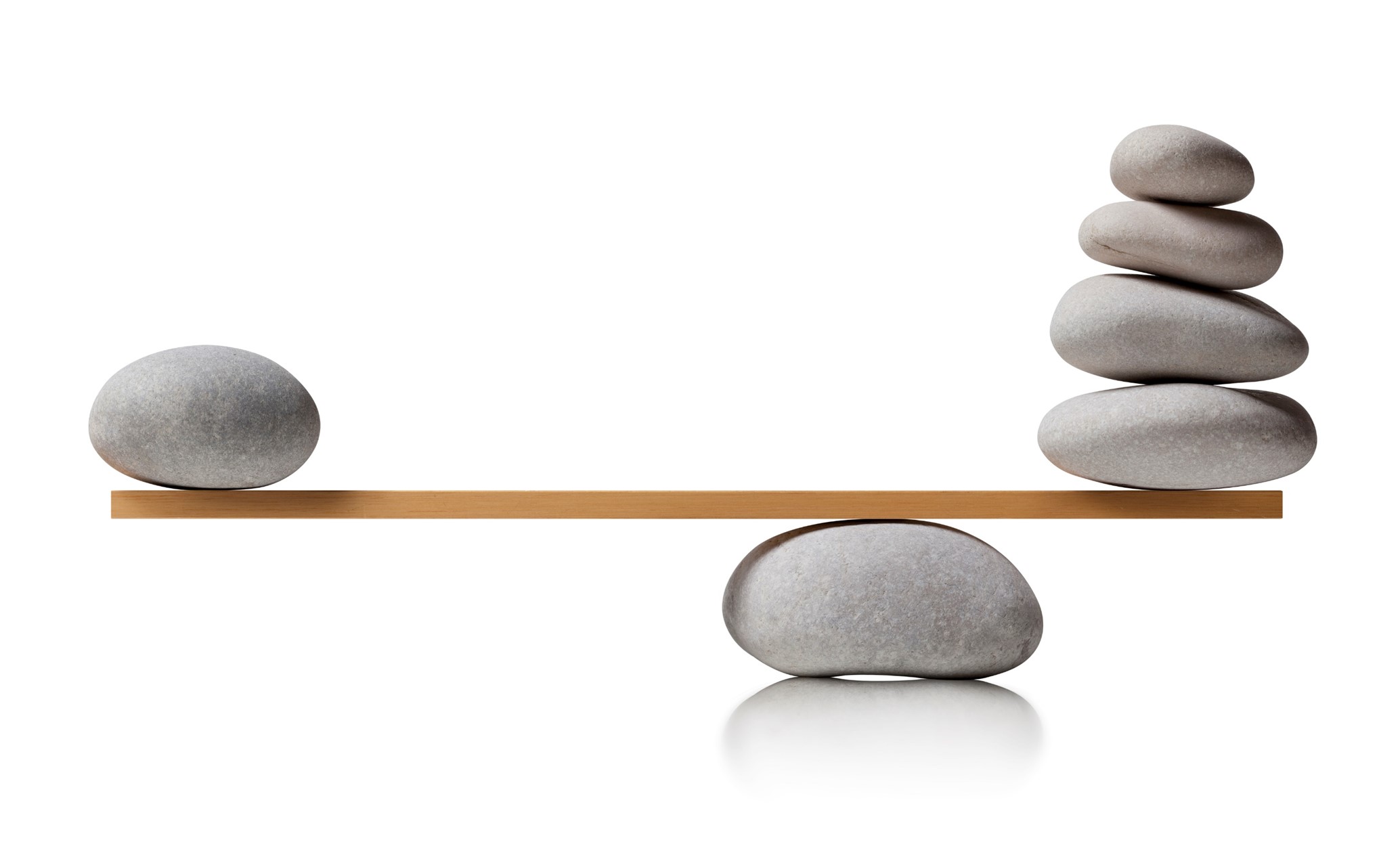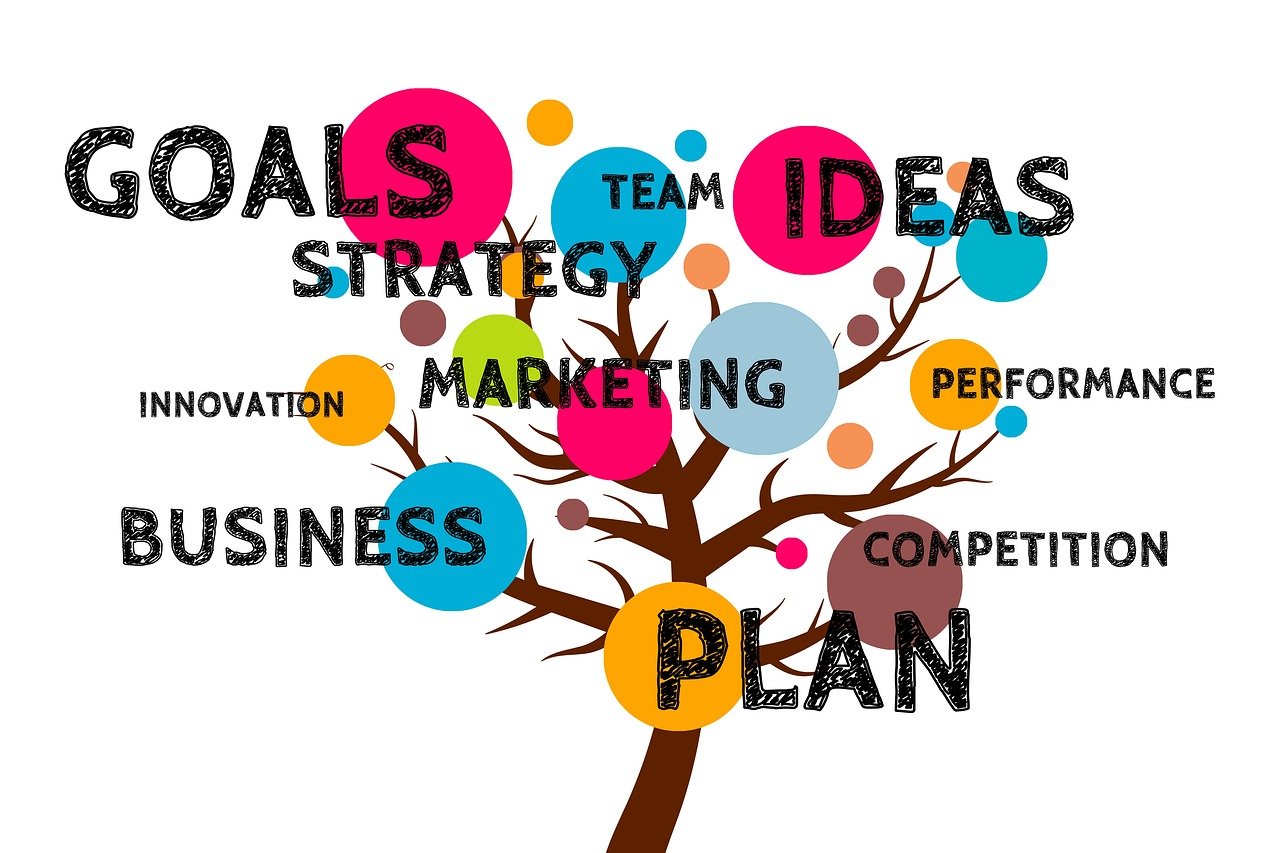Stories about your strengths and weaknesses

The bog standard interview question
The standard interview question we all know is coming. Tell me about your strengths and weaknesses?
You practice how you are going to respond. You reflect on your experience and come up with examples of successful projects that paint you in the best possible light.
And then you try to think of how to articulate your weaknesses to seem like a strength.
Statements such as ‘I’m a perfectionist’ or, ‘I work too many hours and can’t switch off’.
Or you name something that will never be part of that role, so it doesn’t matter anyway. Anything rather than be honest about what your weaknesses really are.
Covering up your weaknesses
After all, you want to get hired, so don’t want to admit to something that seems like you won’t be capable.
How did we end up trying to reframe our weaker areas in order not to seem incompetent? Why is it so wrong to be honest about our weaknesses?
It is not realistic. Nobody is perfect at everything. But, if we want to be open and honest and we want to get the role, what should we say?
I don’t claim to have all the answers as some interviewers will hold it against you if you are too honest. And, you won’t know who that will be when you have the interview, so can be a risky strategy to be that transparent.
Understand your strengths at a deeper level
But what I can say is that when you have a deeper understanding of your strengths, how they support your success and how they can be used to underpin your weaknesses, it does make it easier.
We tend to take our strengths for granted. They are just part of what we do for our job. We never go to work thinking today I am going to call on my strength of say relationship builder.
We turn up and others naturally gravitate toward us to talk through a problem about office politics or a difficult project. Because it’s a natural strength, we feel energised after the conversation.
Or maybe you are asked to work on a difficult project and when you turn up you can’t believe how disorganised it is, because one of your strengths is planner.
And have you ever sat in a meeting and made a suggestion that seems logical to you and one of two things happen. Either people respond as if it is the best idea they ever heard, and you are left feeling bemused. Or they ignore it altogether, only for somebody else to suggest it weeks later and everybody jumps on it and agrees.
Why does that happen? Because we all have different strengths and so what might seem obvious to one person is not obvious to another.
So how can we use our strengths to our best advantage and at the same time use them to support our weaknesses? The first step is to gain a deeper understanding of what they are. Making a list of strengths is a bit like a shopping list, meaningless if you don’t know what the full menu is.
Looking back over your career, reflect on a successful project you have worked on. What was the scenario? Who was involved? What were the goals? What was your part in it? Think about what strengths you bought to the project that helped make it a success.
And when it comes to weaknesses, most of us try to forget them and not focus on them which is fair enough. But do you know whether your particular weaknesses are a risk in your current role? If they are then ignoring them is going to cause you longer term problems and they are not going to go away by ignoring. If they are not a risk, then you can forget about them.
How that works in real life
For example, a client’s weakness was Time Management. In most roles these days, this is not going to be great in terms of managing the expectations of your manager, your team, and clients.
Alternatively, one of his strengths was as a Change Agent. He loved being involved in change, coming up with opportunities for change and identifying the benefits of implementing the change. Reflecting on some of his projects and talking them through, it became apparent that some of his best work had happened using his strength of Change Agent.
Because it came naturally to him, he was able to articulate changes in a way that drew others on board and enthused those who might have otherwise been reluctant.
If we had gone with the traditional method of him trying to improve his time management, I am fairly certain, he wouldn’t have got very far. Focusing on something we can’t do well makes us feel bad about ourselves and it de-energises us and feels like a struggle.
Instead, he focused on a couple of his strengths, one being Change Agent. He called on this and his experience to help him make the changes necessary to manage his time better. He reminded himself of all the times he had been successful using this strength and he applied it to himself. This way using a strength meant that he was energised by bringing in the changes.
Once he had introduced some new strategies and tools did it make him enjoy time management more? Not particularly. It did, however, make it easier for him to incorporate the changes he needed to ensure he didn’t miss deadlines and risk his reputation. The more he stuck to the strategies, the easier it became for him.
Personal example
Another example more personal. When I did my first Strength Profile, it became apparent that my weakness was adherence to governance and compliance in terms of administration and accounting. I had a shoebox full of receipts and bits of paper and every time I tried to put it into some sort of order, I would become totally demotivated and look for distractions such as another cup of coffee or a call I needed to make.
This was obviously a risk to my business and not something I could ignore. As I was a start-up, I wasn’t making enough revenue to outsource but I knew it was a risk if I didn’t do anything. I decided it was time to use an online accounting platform to make it easier for my accountant to access. I went through my strengths and one of the things that stood out and resonated for me was the strength of Persistence. I reminded myself of all the times in my career & life, I had persisted and how it had helped my successes.
I also knew that if I tried to do everything at once it wouldn’t work so I called on strengths of creativity and change agent. I vowed to work on my accounts for 20 minutes every day until everything was up to date. I must admit that first week I struggled to commit but the constant reminder of my strengths and the successes they had led to, kept me going.
Now I don’t feel positive or negative towards doing my accounts but keep them up to date with no fuss. If I had focused on trying to improve the weakness, I know would still be struggling with it today.
So what weaknesses do I have now? Ask to interview me and I might just tell you!
If you want to gain more understanding of how a strengths profile can help your career, have a look at Cappfinity Global Strengths Profile. They offer a free introductory profile which you can access by copying and pasting this link into your browser:
https://www.strengthsprofile.com/en-GB/Products/Free
Or, if you want to do a full profile with me and have an hour’s debrief, mention this article and I will throw in an extra hour of coaching as well.
www.sharonstoneconsulting.com.au








